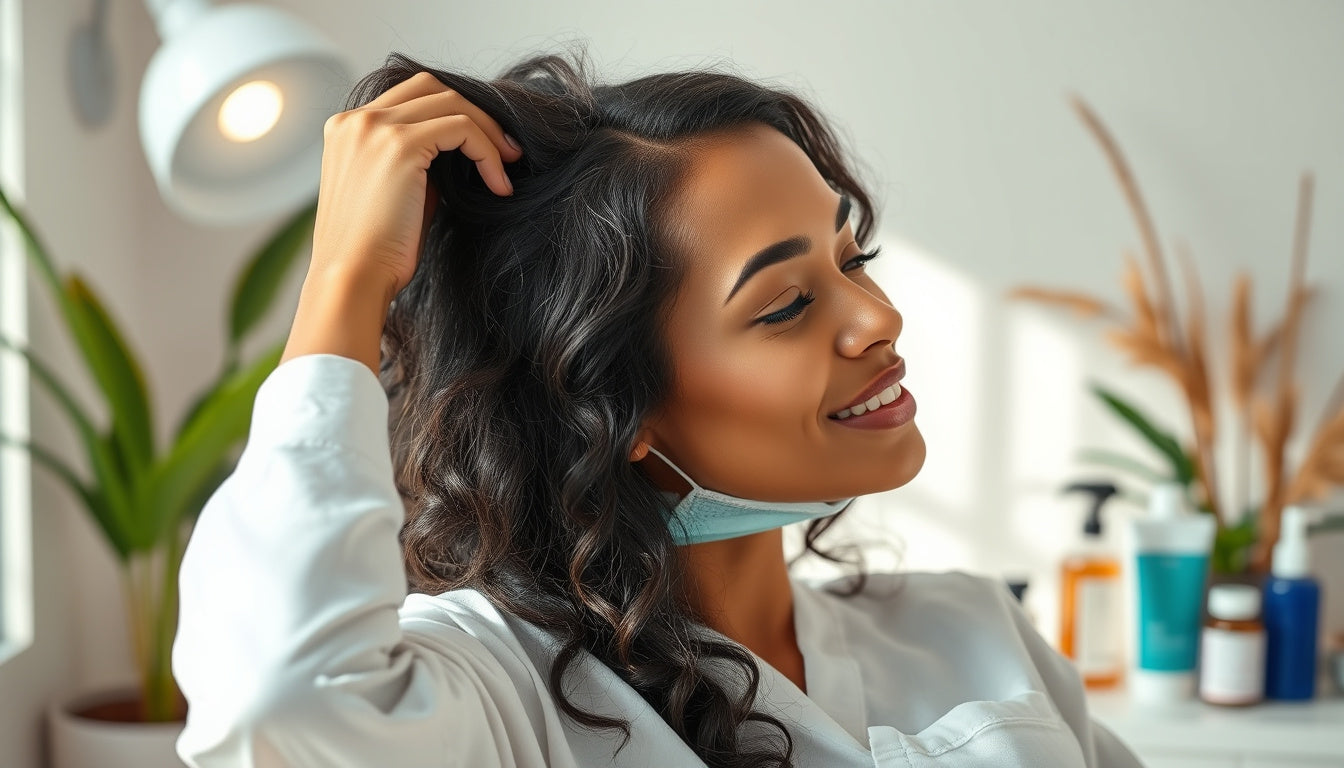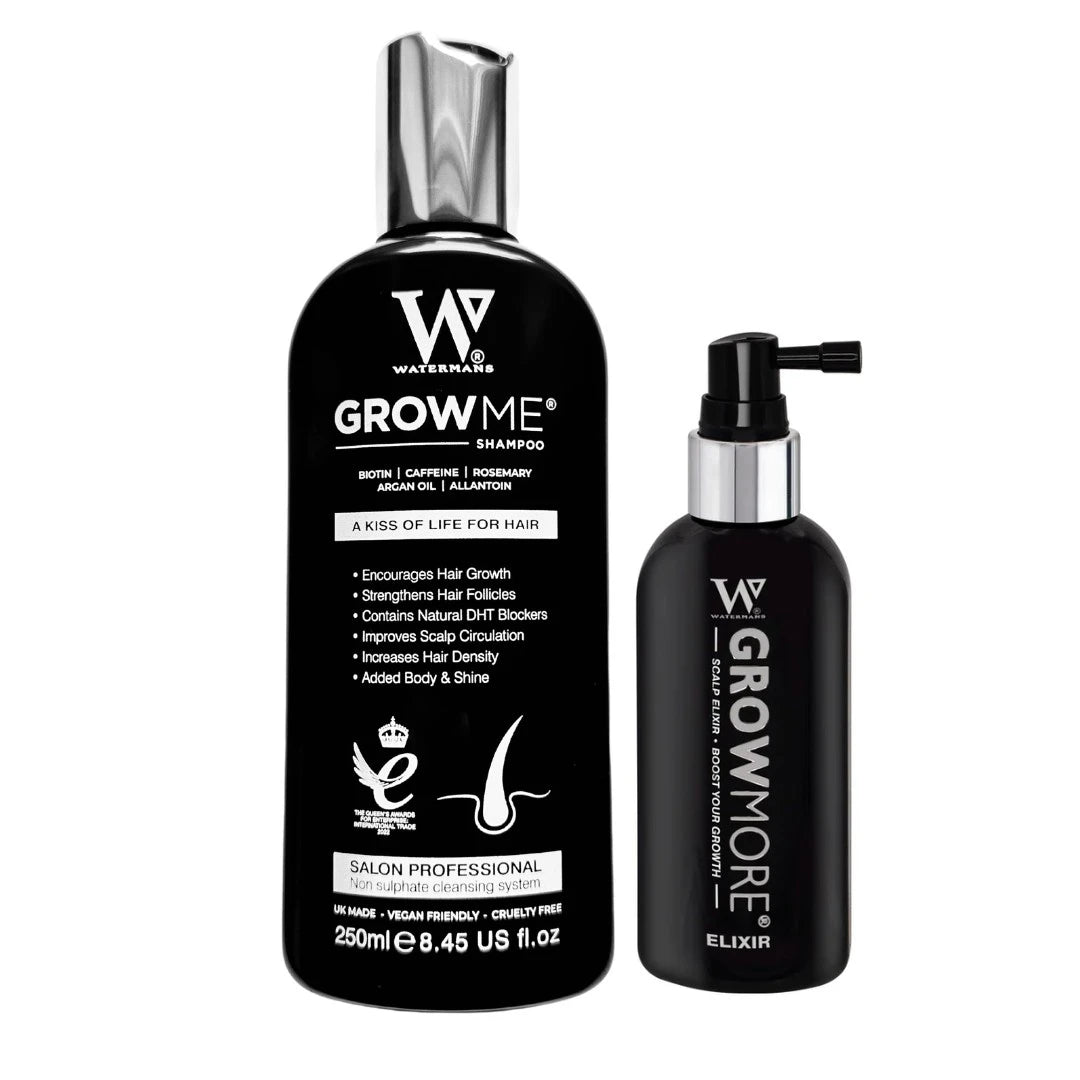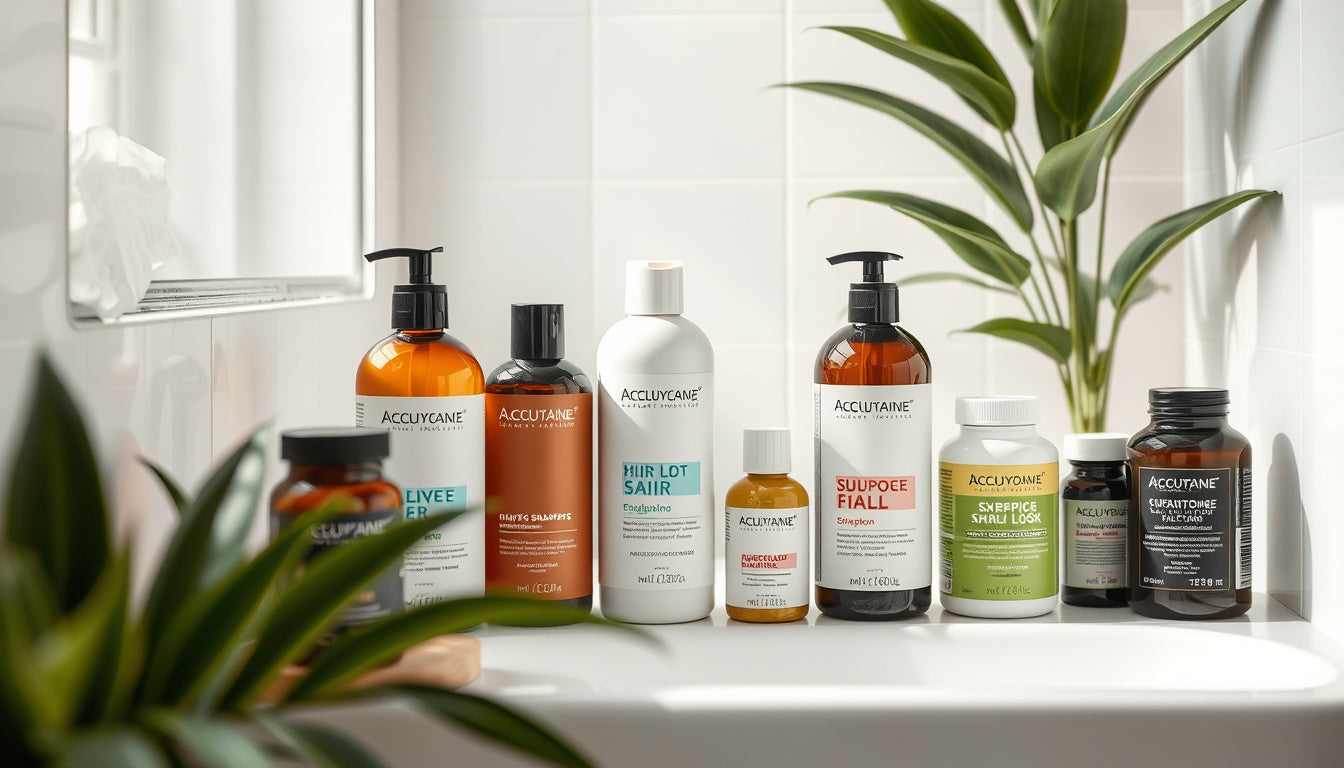
Reclaim Your Locks: Effective Strategies to Combat Hair Loss After Anesthesia

Anesthesia helps in many surgeries. It may affect your hair. You might lose hair after anesthesia. You are not alone. Knowing how anesthesia links to hair loss is the first step to find good fixes. This guide shows why you lose hair and how you can help your hair grow.
Understanding Hair Loss After Anesthesia
What Causes Hair Loss After Anesthesia?
Anesthesia can cause hair loss by different ways:
- Telogen Effluvium: Severe body stress, like surgery, can push hairs to rest early. When hairs rest, they fall out.
- Nutritional Problems: Surgery can change your normal eating. A lack of key nutrients may thin your hair.
- Hormonal Changes: Anesthesia can shift hormone levels for a short time. This shift may bring hair loss.
- Medications: Some anesthesia drugs and other post-surgery medicines might cause hair loss as a side effect.
- Stress: The worry of surgery and healing may hurt your hair.
Signs of Hair Loss
Watch for these clues:
- Extra hair falls when you wash or brush your hair.
- Your hair looks thinner at the crown or near your hairline.
- Some strands seem finer or weaker than before.
Effective Strategies to Stop Hair Loss After Anesthesia
1. Nutrition Matters
Eating a balanced diet helps your hair. Your hair needs important nutrients:
- Biotin: This nutrient builds hair strength. You can find it in eggs, nuts, and beans.
- Vitamin D: Low vitamin D may bring hair loss. Get it from fatty fish, fortified foods, or by seeing the sun.
- Iron: A lack of iron is a known cause of hair loss. Lean meat, spinach, and beans give iron.
- Zinc: This mineral helps repair tissues and supports hair roots.
Eat whole foods and avoid too many processed items.
2. Gentle Hair Care
Be kind to your hair:
- Use a wide-tooth comb to detangle. It stops extra breakage.
- Try shampoos that do not include sulfates. Harsh chemicals can hurt your scalp. See Watermans Grow Me Shampoo.
- Do not use heat styling tools too much. They can weaken your hair.
3. Scalp Stimulation
A light scalp massage brings more blood to your hair roots. Here’s how:
- Rub your scalp gently with your fingers in small circles for about 5–10 minutes each day.
- Mix a few drops of rosemary or lavender oil with coconut or olive oil. Rub this into your scalp to help it stay healthy.
4. Optimize Hair Growth Products
Good hair products can boost your hair:
- Biotin shampoos help build strength.
- Caffeine shampoos can wake up your hair roots.
- You may choose natural products like Watermans Grow Me Shampoo. Its mix of biotin, rosemary, and argan oil works well for your scalp and grows volume.
5. Consult a Healthcare Professional
If your hair loss goes on, see a doctor. They can check your health with tests and then give you a plan that fits you.
Did You Know?
- Telogen Effluvium is Temporary: Most of the time, hair grows back once the body heals.
- Diet Affects Hair Growth: More than 40 nutrients help hair grow. Eating well means healthy hair.
- Natural Ingredients Work Well: Natural products, like those with biotin or caffeine, can be a safe pick.
- Stress Management Helps: Calm practices, such as yoga or meditation, may ease hair loss.
- Cold Weather Hurts Hair: Dry, cold air and indoor heat can break hair. A humidifier adds moisture.
Frequently Asked Questions
Q1: Can hair loss from anesthesia be reversed?
Yes. With proper care and food, hair can grow back.
Q2: How long does hair loss after anesthesia last?
It may last from a few weeks to several months. Each body is different.
Q3: What’s the best shampoo for hair growth?
Many people like Watermans Grow Me Shampoo for its mix of natural ingredients.
Q4: Does using hair oils help prevent further hair loss?
Yes. Some oils can feed your scalp and hair roots and help stop breakage.
Q5: Should I avoid hair styling altogether after surgery?
Style your hair lightly. Skip hard treatments until you recover.
Q6: How often should I wash my hair if I’m experiencing hair loss?
Wash every 2–3 days to keep the scalp clean but not dry.
Q7: Can hormonal changes further affect hair loss?
Yes. Shifts in hormones can change how your hair grows.
Q8: Is hair loss after anesthesia common?
Yes. Many people see hair loss after big surgeries because of stress, nutrition, and medicines.
Q9: How might I improve my overall health to prevent hair loss?
Eat well, exercise, and look after your stress with calm activities.
Q10: Are there any supplements that could help?
Biotin, vitamin D, and iron may support hair health. Ask a doctor before you start any new supplement.
Remember that quick fixes seem easy, but a full plan helps you grow long-lasting hair after anesthesia. Try these steps today and let your hair grow back strong. For a fast solution, check out Watermans Grow Me Shampoo to help your scalp and boost your hair.













